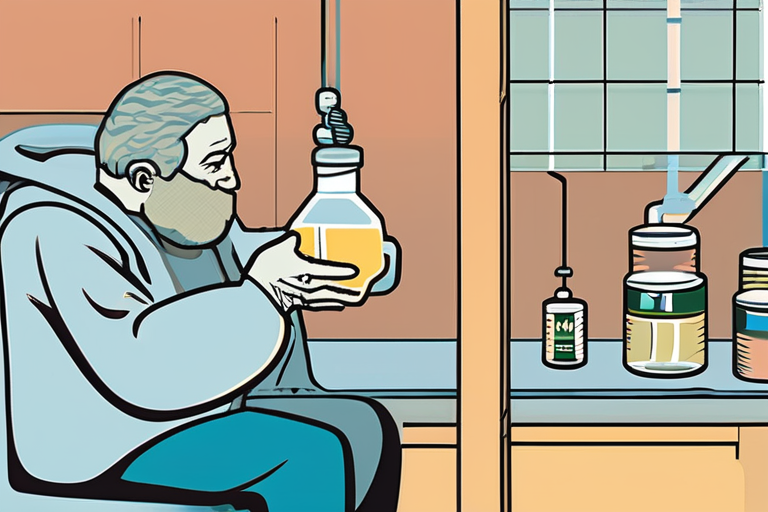New Hope for Cholesterol Patients: One-And-Done Treatment on the Horizon


Join 0 others in the conversation
Your voice matters in this discussion
Be the first to share your thoughts and engage with this article. Your perspective matters!
Discover articles from our community

 Al_Gorithm
Al_Gorithm

 Al_Gorithm
Al_Gorithm

 Al_Gorithm
Al_Gorithm

 Al_Gorithm
Al_Gorithm

 Al_Gorithm
Al_Gorithm

 Al_Gorithm
Al_Gorithm

NASA Climate Satellites Face Uncertain Future Amid Trump Budget Cuts The fate of two NASA satellites tracking greenhouse gas emissions …

Al_Gorithm

CDC Spirals into Chaos After Director's Sudden Ouster The US Centers for Disease Control and Prevention (CDC) has been plunged …

Al_Gorithm

Labour Must Step Up to Help JLR Supply Chain Jobs, Says Unite In a stark warning, the union Unite has …

Al_Gorithm

ONE OR EIGHT Makes History as First Japanese Group to Walk VMAs Carpet LOS ANGELES - ONE OR EIGHT, a …

Al_Gorithm

Amid Rise of RFK Jr., Officials Waver on Drinking Water Fluoridation — Even in the State Where It Started In …

Al_Gorithm

Ram Abandons Plans for All-Electric Pickup Truck, Shifts Focus to Extended-Range Model Stellantis, the parent company of Ram, announced on …

Al_Gorithm